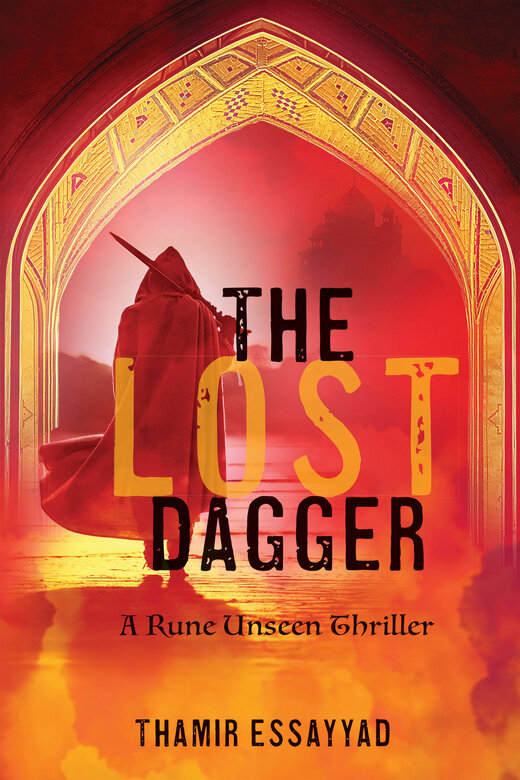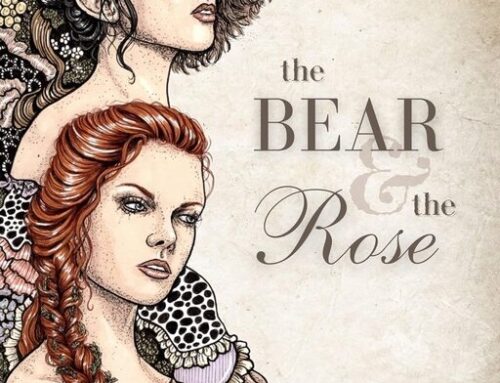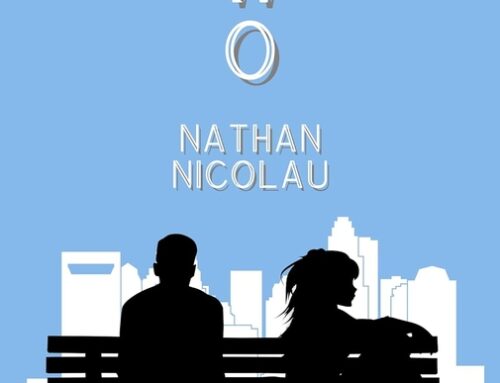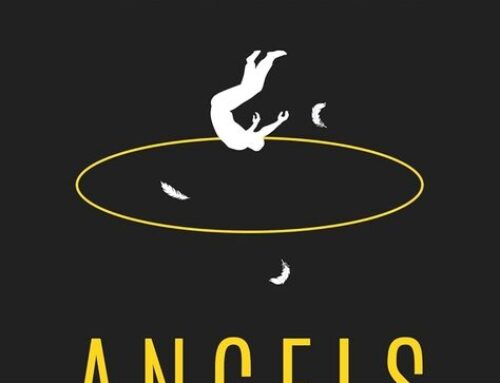
Author Thamir Essayyad invites readers into a modern clash of medicine, reality, mortality, and mysticism with his stunning novel, The Lost Dagger.
Kanan Angler is a gifted emergency room doctor with a head for facts, symptoms, and science, but when tell-tale signs indicate that he’s losing his mind, the good doctor sets out on a truth-seeking journey across the ocean. However, searching for answers only leads to more questions about his newfound ability to see spirits, commune with the dead, and apparently look into the past.
From eloquent Spanish aristocrats and black-clad sword masters to secret Islamic societies and ancient spiritual battles, Kanan must face his fate as Shu’udhat Al’ajdad to carry on a long and decidedly dangerous family legacy. The White Hand will once again clash against Abraham’s Dagger, and given that Kanan is the Ancestral Rune, enemies will be coming for his blood.
Capturing the cadence and unpredictability of the medical profession is challenging, but the author’s extensive life experience in emergency departments gives this book an immersive, gritty realism. Given the core conflict of the story, the prose must simultaneously unpack religious traditions and beliefs along with upholding and validating the efficacy of modern medicine, and Essayyad does both well equally.
The exploration of Western medicine and alternative mysticism, showing how they reflect and tangle with one another, is a particularly potent topic, and Essayyad delves deep into this subject with clarity and authority, summoning the visceral tension and life-or-death decisions of an emergency room right on the page, but also leaving the door open for the unknown. Once readers have a rather firm grasp of Dr. Angler’s way of seeing the world, the gradual revelation of his abilities becomes even more intriguing, similar to watching an atheist experience a spiritual epiphany.
The doctor’s connection to others is also starkly portrayed, from his cringingly plastic relationship with Naomi and his complicated sense of brotherly love with Roman to his existential conflicts with the wisdom of his elders – and his own ancestors. The narrative voice reads like a true stream of consciousness for readers to immerse within, including internal asides, scattered profanity, and the pace-setting churn of an always active mind. Furthermore, the book acts as a reminder for readers to interrogate their own unquestioned beliefs, as opening his mind to an otherworldly realm makes for good self-reflective fodder.
However, this unfettered, full-access style of narration can sometimes lead to unfair sentiments regarding the unwell, the disabled, the addicted, and other commonly judged or misunderstood groups. This is not a slight against the author’s personal sensitivity, but an observation that some readers might feel the occasional sting of callous judgment. There are also moments of awkward or unbelievable dialogue, where the author is clearly trying to drive the plot forward with exposition-heavy conversations, but the result ends up feeling rushed or inauthentic.
As a whole, The Lost Dagger hums with mind-expanding energy and exceptionally original storytelling, urging readers into a new philosophical head space, while effortlessly leading them on an exhilarating adventure.
Book Links
STAR RATING
Design
Content
Editing
Get an Editorial Review | Get Amazon Sales & Reviews | Get Edited | Publish Your Book | Enter the SPR Book Awards | Other Marketing Services























Leave A Comment